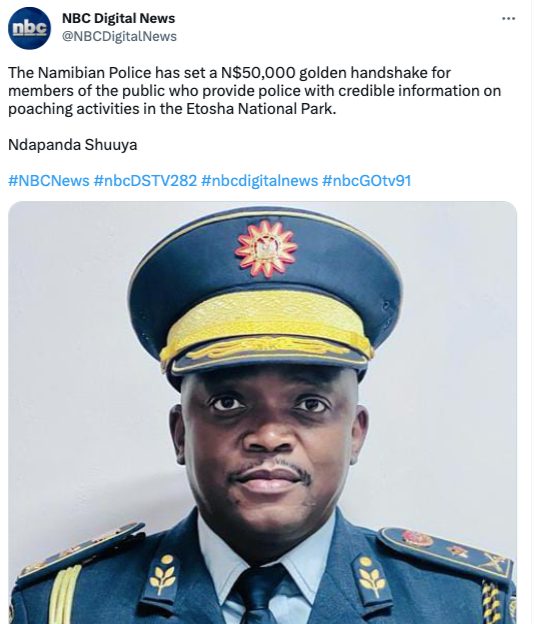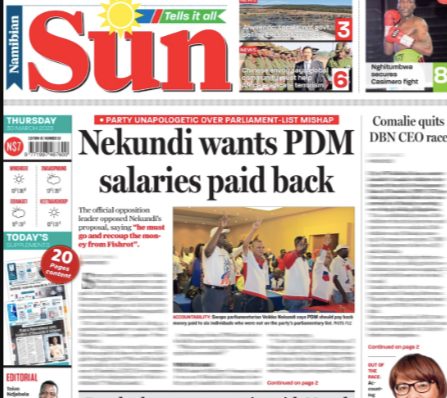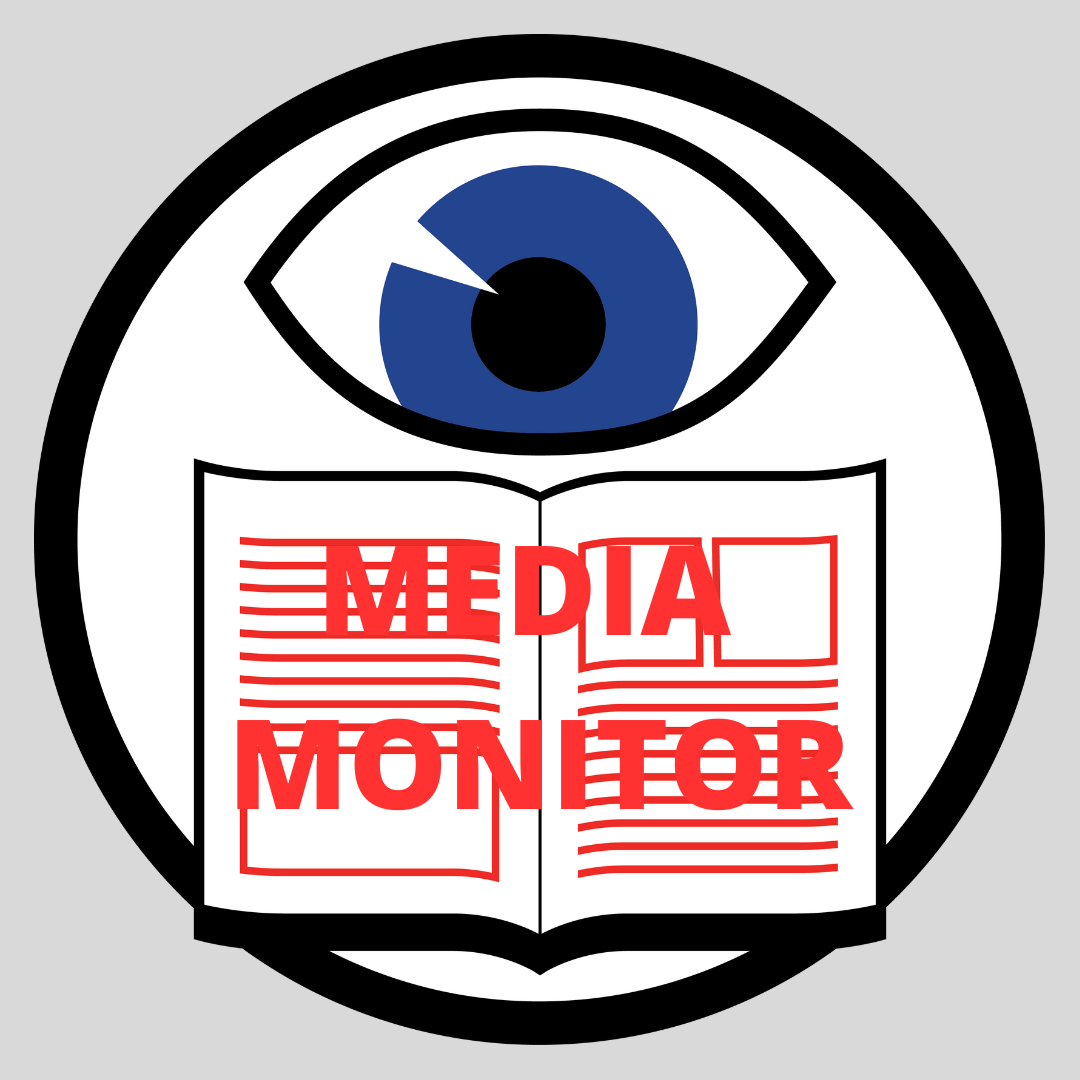Wrong use of words and terms in Namibian media reporting is concerning and contributing to declining trust
Words matter. Accurate and ethical journalistic reporting requires that the right or appropriate words and terms are used when describing an unfolding occurrence, situation, topic or action.
However, it is becoming increasingly concerning how prominent Namibian news media are on a daily basis wrongly applying English words and terms in reporting, thereby casting doubt over the accuracy of their reporting.
Want to know how concerning this issue is? Well, here are some glaring examples from the 24 hours preceding the publication of this article.
Namibian Broadcasting Corporation
On 29 March 2023, the Namibian Broadcasting Corporation (NBC) published a thread on its Twitter feed and other social media pages that reports that the Namibian Police would pay anyone with information about poaching in the Etosha National Park a “golden handshake” of N$50,000.

Clearly, what the report refers to is a reward, not a “golden handshake”. For “golden handshake” has a specific meaning, which does not mean reward as used in this context.
A “golden handshake”, as defined by freely and easily available online dictionaries is the following:
“a payment given to someone who is made redundant or retires early”.
That is not what the police are offering. They’re offering a reward.
New Era
The state-owned New Era newspaper, also on 29 March 2023, reported on unions accusing the Namibia University of Science and Technology (NUST) management of nepotism in hiring.
Halfway down the article a sentence stands out, stating:
“The wanton abuse of the fixed-term contract system has also been detected at NUST, Nevonga said.”
Once again, the word “wanton” is used inappropriately here.
It appears that what the writer wanted to say was that there was continuous and widespread use “of the fixed-term contract system” at NUST, suggesting deliberate and carefully considered actions on the part of NUST management. In fact the whole article reports allegations of such actions on the part of the university’s leadership.
But that’s not what wanton means. Wanton, according to online dictionaries, means:
“without motive, provocation, or justification.”
In other words, wanton refers to deliberate, yet unmotivated actions.
The inappropriate use of the word wanton in this context contradicts and misrepresents the allegations levelled by the unionists in the article, who clearly claim that the university leadership’s nepotism is motivated by tribalism.
Namibian Sun
On its cover, on 30 March 2023, the Namibian Sun, above the main headline, ran a sub-headline that read:
“Party unapologetic over parliament-list mishap”
The use of the word mishap is both inappropriate and factually incorrect for how the political party in question handled its parliamentary candidates list after the 2019 general elections.

According to online dictionaries, mishap means:
“an unpredictable outcome that is unfortunate. synonyms: bad luck, mischance.”
How the party had handled its list was very deliberate and predictable, and it argued so in court, and thus not an instance of unforeseen misfortune or bad luck.
The Namibian
An article published by The Namibian newspaper on 29 March 2023 reported that some of the cultural groups that had performed at the Independence Day celebrations at Outapi, in the Omusati Region, earlier in the month were “crying foul over the meagre N$3,500” they had been paid to perform.
In this instance, the use of the term “crying foul” was used inappropriately.
What the reporter clearly meant was that some cultural groups had complained about the performance fee. That’s not what “crying foul” means.
According to online dictionaries, to “cry foul” means:
“say publicly that something is dishonest or illegal.”
Nowhere in the article do the aggrieved performers allege that the government acted dishonestly and illegally in paying them a performance fee. So, the use of the term “crying foul” misrepresents the position and sentiments of the complaining performers.
What’s the point?
Reporters and editors should exercise more diligence in the use of words, terms and phrases as the wrong or inappropriate use of words and phrases changes the meanings and contexts of events and news occurrences, opening up the reporter and organisation to charges of deliberate misrepresentation of facts. This carelessness with words and language is a serious credibility issue.

